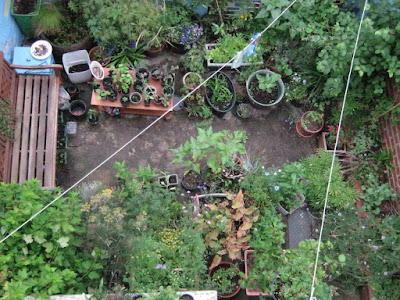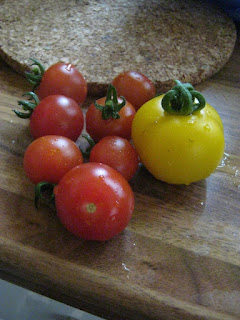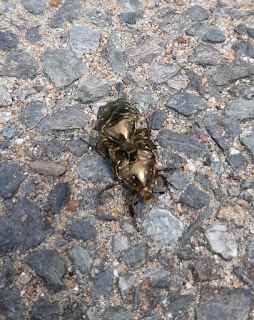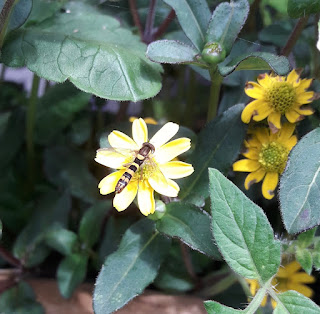Saturday, 30 July 2022
Another view
Friday, 29 July 2022
Meanwhile in Japan
Tuesday, 26 July 2022
Little Happy Dance
Wednesday, 20 July 2022
Four Ospreys
Tuesday, 19 July 2022
Sick Day
Sunday, 17 July 2022
Heatwave joys
Tuesday, 12 July 2022
Swimming Lessons
Although Gil is the centre of it all I did feel the book was about Ingrid and Flora. Flora mourns the unexplained disappearance of her mother, whereas her sister Nan seems to have a much more practical attitude to life, just getting on with things. Their elderly father Gil is dying and they flutter around him seeing to his every need, as women seems to have done his entire life. But we learn the back story via a series of letters, written by Ingrid and left randomly in Gil's vast and sprawling second-hand book collection. I fully intend to have a vast and sprawling second-hand book collection when I pop my clogs, and I guess setting light to them might be about as good an end as any. I'm not one of those people who think books are 'sacred', burning them is not a sin, even though it has been used historically as a means of repression and so the symbolism is quite emotive. There are a lot of books out there that are barely worth the paper they are printed on, but mostly it is the content of the book that matters, not the thing itself.
The having and not having of children feels like it is the central theme of the book, and the ambivalence many women have on the subject. And it feels appropriate to the recent happenings across the pond. Ingrid has both a miscarriage, and an abortion at one stage, because she cannot bear to have another child with a man who is so unreliable and when their financial situation is so precarious. Did she leave her family or did she drown? The question remained unanswered, partly because it did not matter, what mattered was the impact that it has on the people left behind. Here, after Nan and Gil have cleared out Ingrid's clothes:
"Two weeks after Nan had taken everything away, Flora went with her father into Hadleigh, and while he flicked through the second-hand books in the charity shop, she wandered to the back to rummage through the old tweed jackets and wide-collared shirts. A girl of about twenty came out of the changing room in Ingrid's chiffon dress - the skirt dragging on the carpet tiles, the neckband too tight. the girl stood in front of a mirror and twisted sideways, stretching around to look. Flors grabbed on to a clothes rail to keep herself upright, and glanced at the girl's reflection. She remembered the day she'd seen her mother wearing the dress, a sandy-coloured towel draped over one arm and a book in her hand. There was a waft of coconut - the colour of golden honey again, and Ingrid turning and stepping, turning and stepping, out into sunlight.
'It doesn't fit right,' the girls said to her friend, plucking at the gauzy fabric. 'And there's a rip in it.' She held up the bottom.
'It's old-fashioned, but not in a good way,' her friend said, lifting the skirt and sniffing. 'and it smells of dead people.' the girl wearing it twirled in front of the mirror and pretended to choke. They both laughed and returned to the changing room together. At the front of the shop Gil was still busy flicking through the books. His daughter slipped a cheap and ugly bead necklace off the display and dropped it into her coat pocket." (p.65-66)
And here, Ingrid, back when Nan is a baby:
"Four months later you sold a short story and when the money came through, in true Gil style you spent it on a holiday to Florence. An early birthday present or our second honeymoon, you said. I arranged for Megan, from the village, to take care of Nan while we were away. Megan was a year younger than me, happy to have some time off from the dairy, I thought. She picked Nan up with a confidence I still didn't have, held our daughter on her hip in a way that made me feel like I'd been faking motherhood for thirteen months.
She stood with Nan on the veranda as we got into the car, and she looked at me with pity, and naively I thought she must have heard about the miscarriage. She held Nan's tiny wrist so that our daughter waved us goodbye as you reversed the car out of the drive. By the time we reached the main road, my eyes had filled with tears. You put your hand on my knee.
'It'll be fine. Megan will look after her. What's the worst ...'
'... that could happen,' I finished for you, smiling feebly. But I didn't admit, not even to myself, that the reason I was crying wasn't because I was already missing Nan, but at the relief of getting away from her." (p.215)
I have enjoyed all of Claire Fuller's books, and what is interesting has been how different they have been. Some writers have a very distinctive story style, almost as if they write the same thing over and over, but her's have all had something new to say, often about the parent/child relationship.
Stay safe. Be kind. Sow some chicory now for an autumn crop (Vital Seeds)






.jpg)
.jpg)















.jpg)



















